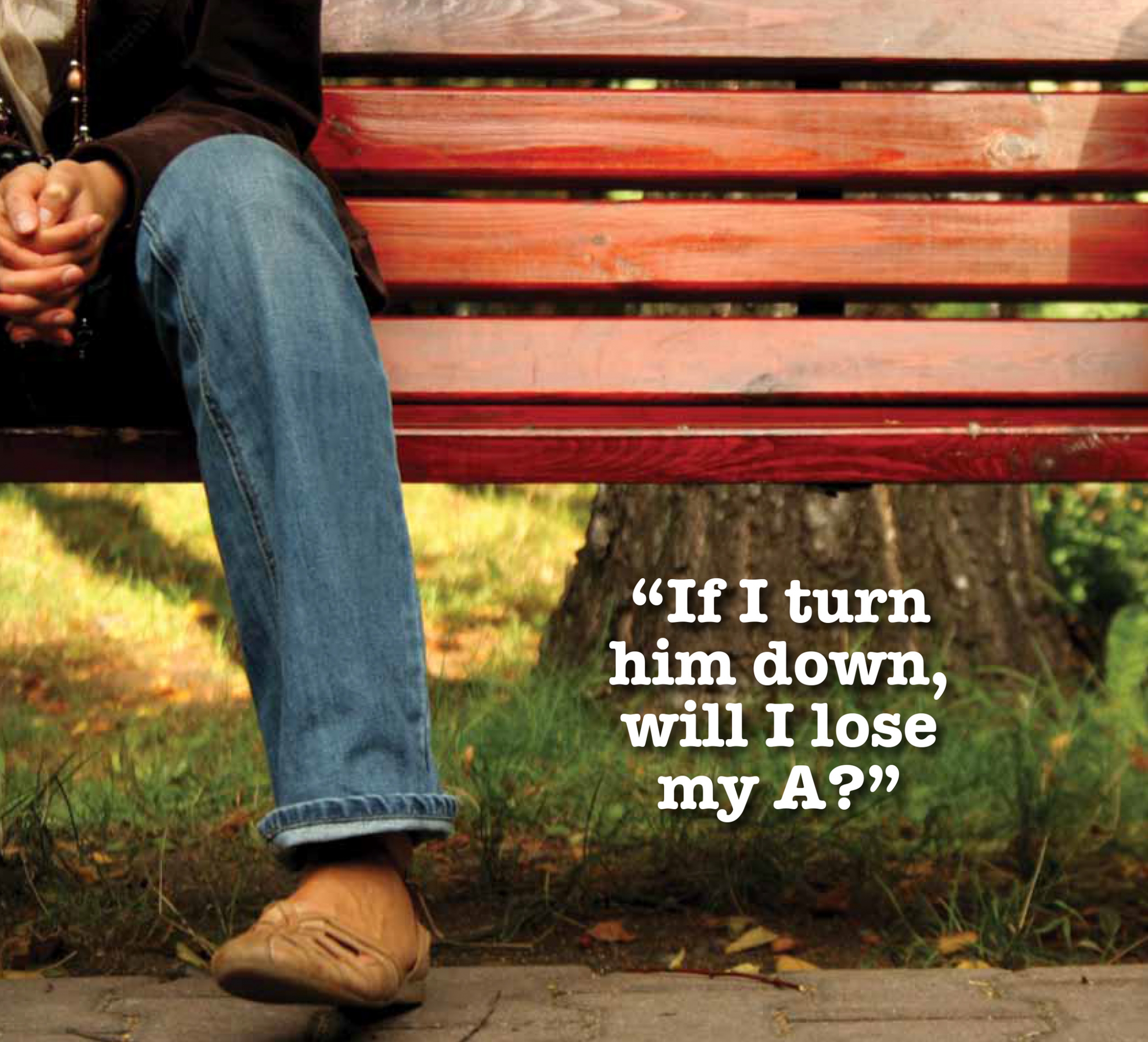
Planetarium Show: The Little Star That Could
Everyone has the right to attend a college or university free from sexual harassment. The Illinois Human Rights Act ("Act") makes it unlawful for teachers, professors, facility members and other employees of colleges and universities to sexually harass their students. The Act specifically prohibits unwelcome advances or conduct of a sexual nature, and requests for sexual favors of students by an executive, faculty member, administrative staff member or teaching assistant. The Act covers all public or private universities, colleges, community colleges, junior colleges, business schools, and vocational schools.
JJC is committed to providing workplace and educational environments that are free from discrimination, harassment and retaliation. To ensure compliance with federal and state civil rights laws and regulations and to affirm our commitment to promoting the goals of fairness and equity in all aspects of the educational program or activity, JJC has developed policies and procedures (provided below) to provide a prompt, fair and impartial process for those involved in reports of discrimination or harassment based on a protected class. JJC values and upholds the equal dignity of all members of our community and strives to balance the rights of the parties in the grievance process.
Title IX, as amended by the U.S. Secretary of Education to be effective Aug. 14, 2020, specifies how Title IX cases are defined, investigated and reviewed, as outlined in these Title IX policies and procedures. Reports that do not meet the thresholds for Title IX will be investigated, reviewed and adjudicated in accordance with Board Policy 2.01.01 Prohibition of Sexual Discrimination, Harassment and Interpersonal Misconduct (Non-Title IX Allegations).
Title IX Policies and Procedures
These are just some examples of sexual harassment. If you are in doubt, please contact the Title IX Coordinator, Deputy Title IX Coordinator or other individuals as listed within the Title IX Policies and Procedures. There are also options for confidential reporting through the Student Wellness Advocates.
- A professor who continually makes jokes of a sexual nature in the classroom;
- A registration advisor who tells a student they might be able to get into a class if the student dates the advisor;
- An admissions officer who tells a prospective student that the advisor will put in a "good word" for the prospective student if they dates the advisor;
- A financial assistance advisor who tells a student that "if you have sex with me, I can look out for scholarships for you;"
- A teaching assistant who promises a student a better grade if the student does not resist any inappropriate touching or sexual advances.
It is also unlawful for a teacher or professor, or for the college or university to retaliate against a student because the student reported sexual harassment, participated in an investigation of sexual harassment, or because the student filed a charge of discrimination with the Illinois Department of Human Rights. If you are concerned that you have been retaliated against for filing a complaint, please bring your concerns to the Title IX Coordinator or the Executive Director of Diversity, Equity, Inclusion and Compliance. Email eervin@jjc.edu.
Any student who believes they are being subjected to sexual harassment or retaliated against should contact the Title IX Coordinator or the Illinois Department of Human Rights for further information or to file a charge. Students may contact the Department by calling the Department at 312-814-6200 (Chicago) or 217-785-5100 (Springfield), 866-740-3953 (TTY); or by visiting the Department's website at www.illinois.gov/dhr. Any charge alleging sexual harassment in higher education must be filed within 180 days of the alleged incident(s). Charge forms are available on the Department's website below.
Department of Human Rights Website Charge Forms
 It's Never OK.
It's Never OK.If it feels like harassment, it probably is. But how do you know for sure? And what are your rights? Learn what constitutes harassment and what you can do about it. For immediate help, call the Illinois Sexual Harassment and Discrimination Helpline at 1 (877) 236-7703 (se Habla Español) or 711 (tty) or visit the Illinois Sexual Harassment and Discrimination Helpline website.
 Nunca "Está bien."
Nunca "Está bien."Si siente que es acoso, probablemente lo es. ¿Pero cómo saberlo con certeza? Y... ¿Cuáles son sus derechos? Visite al www.illinois.gov/dhr para aprender lo que constituye el acoso y lo que usted puede hacer acerca de ello. Si necesita ayuda inmediata, llame al (312) 814-6200 ó al (217) 785-5100.
Porque el acoso sexual en la educación superior es contra la ley.

